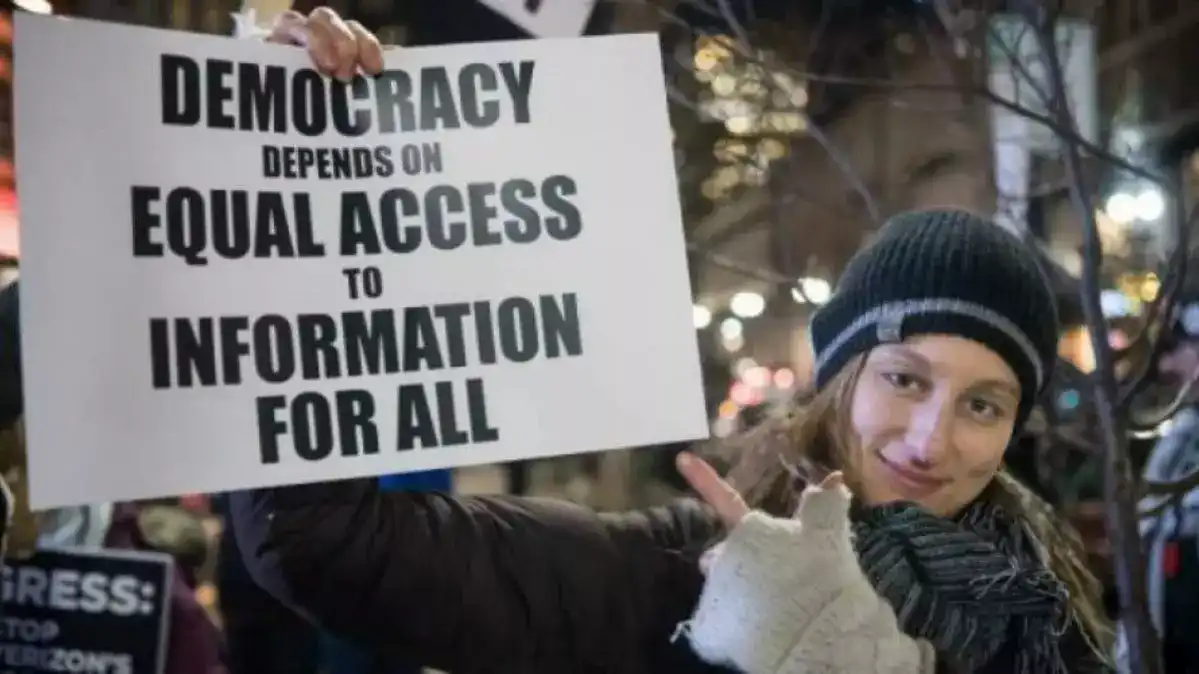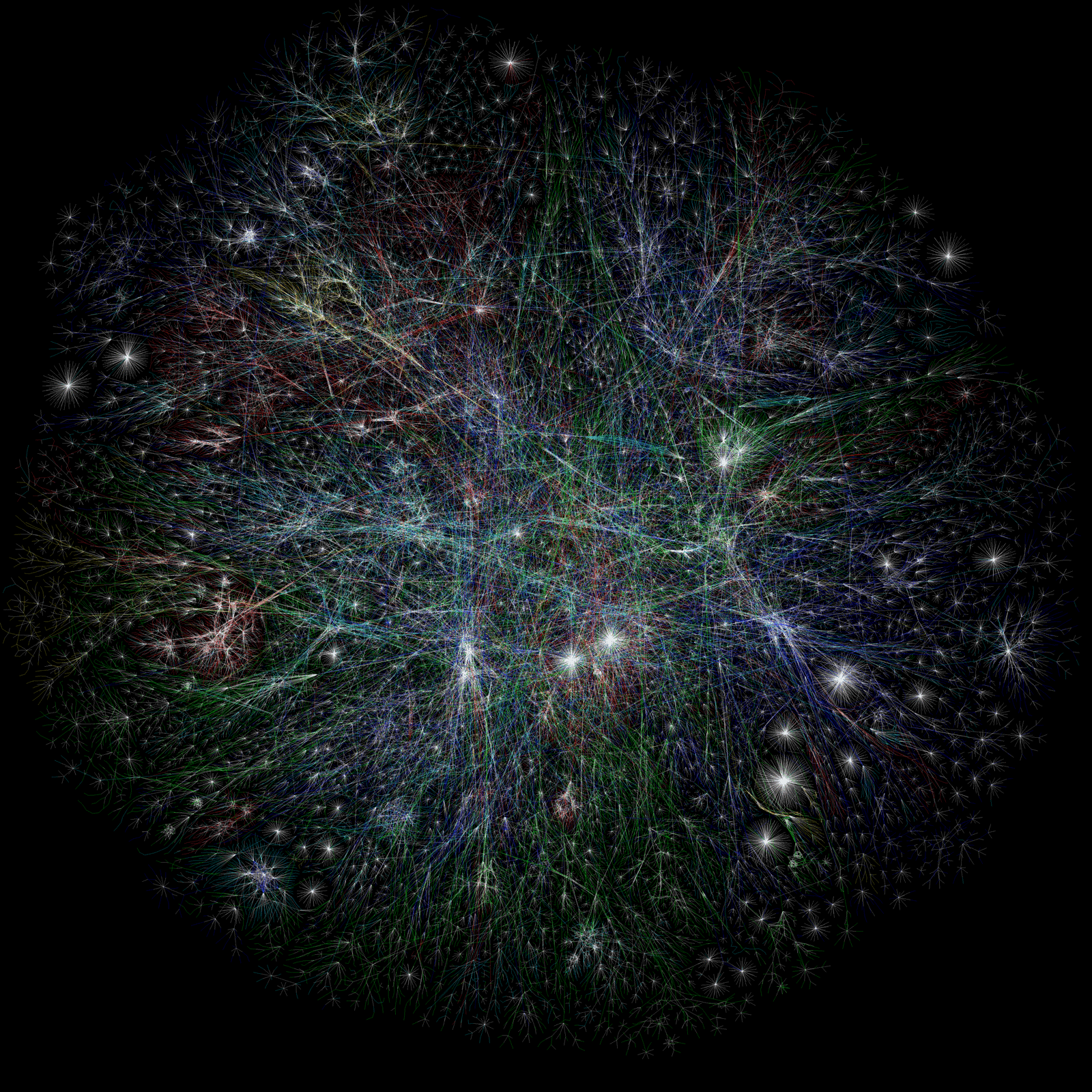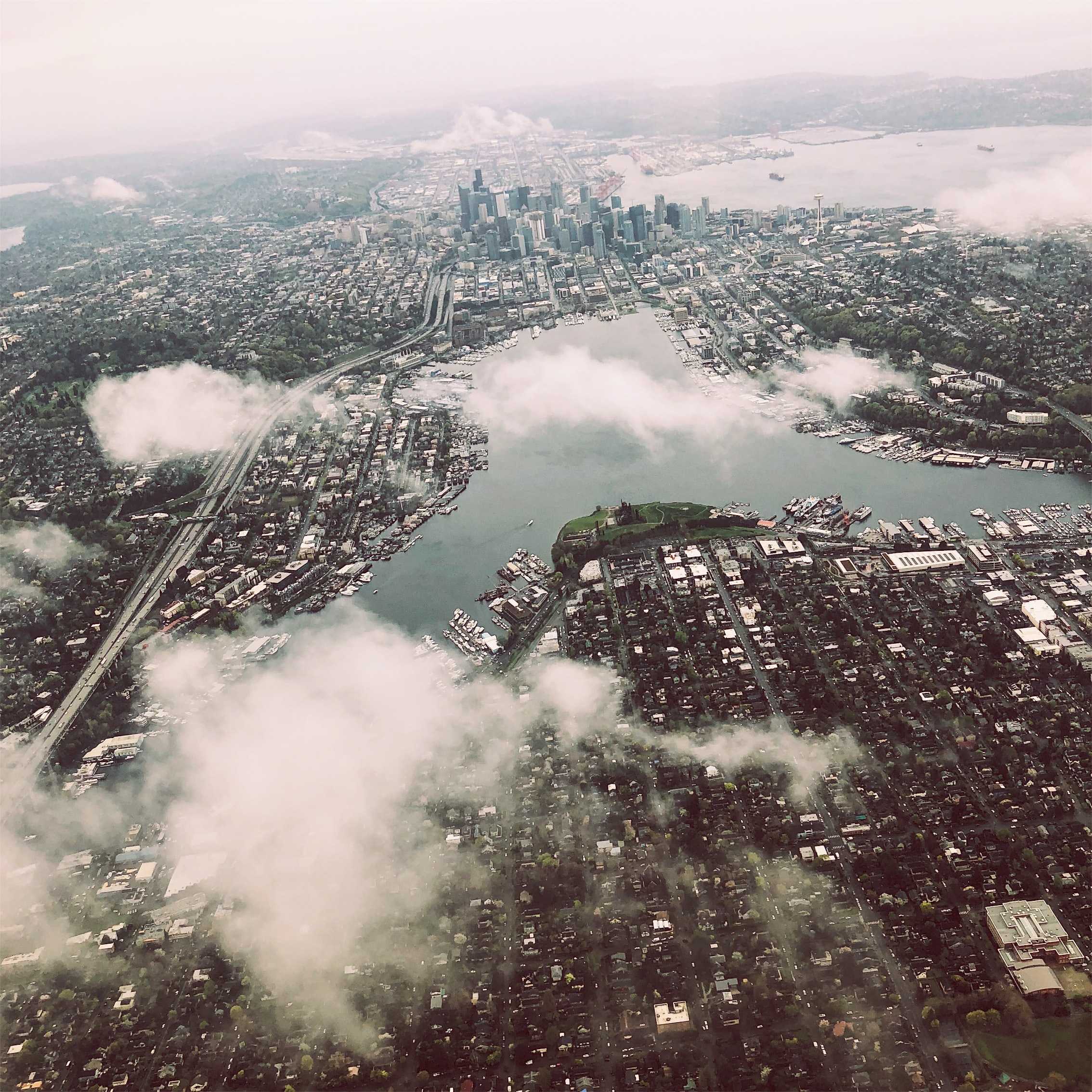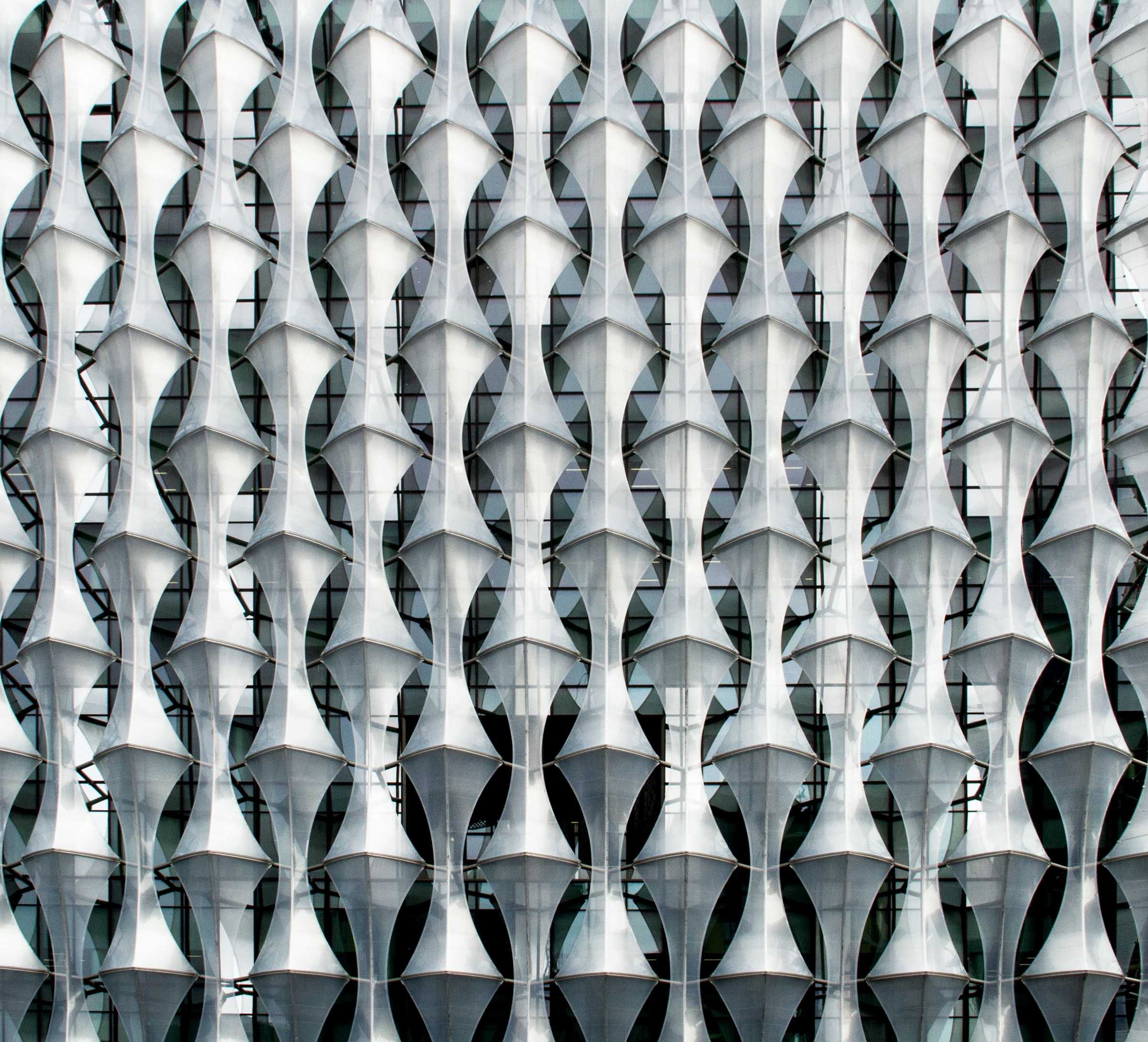
Univerisities as urban tech ethics hot zones
Universities are experiencing a wave of student unrest not seen for decades, as debates over racial discrimination, voting rights, and climate change drive growing social and political tension. The tech industry is a central figure in the scrutiny of power taking place in the classrooms, online environs, and public spaces of universities. Yet at the same time, universities are prototyping the very sensing regimes, privacy norms, and data governance structures that will shape the future of urban tech. During the pandemic universities used Wi-Fi to track crowds of students, sense body temperatures at entrances and from hundreds of feet away, and sample dormitory sewage to examine it for traces of coronavirus. One college even asked students to wear a health sensing device that "continuously monitors the wearer’s heart rate, temperature, and respiratory rate."
This points towards a future where colleges and universities will they will become the sites where the most egregious ethical oversteps and oversights of urban tech are revealed first. Let's not forget, Facebook started out at Harvard as a tool for rating female students' physical appearance. But it also suggests that we'll find new norms emerging that could inform the way society at large manages the advantages and shortcomings of urban tech.




..png)
